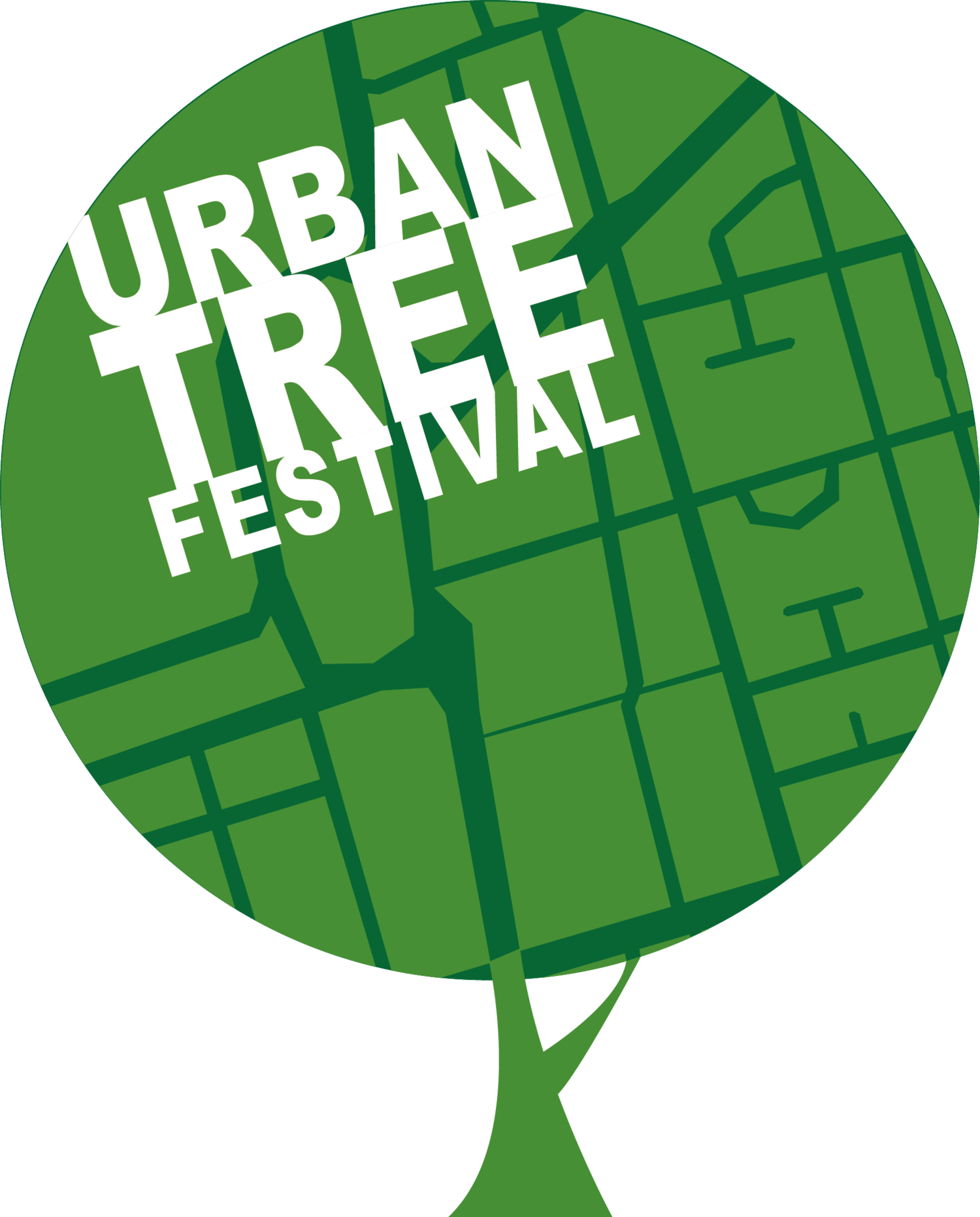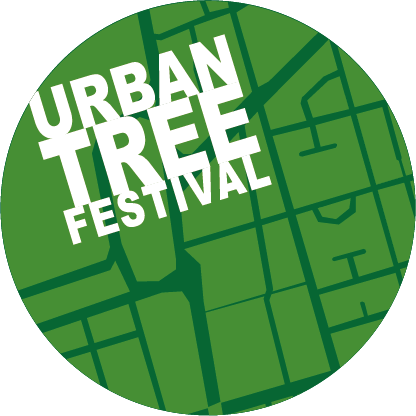An Interview with Ben Moxham-Co-Producer on the Ruskin Tree Walk Film
By Jay Owens
An interview with a co-producer of the Ruskin Walk Tree film, Ben Moxham. We talk about how John Ruskin inspired the film, how it was to work as a producer and also what made Ben want to initially get involved among other topics.
The Ruskin Tree Walk film is a movie short directed by filmmaker, Lisa Thomson. In this short film, members of the local community around Ruskin Park read insightful extracts from experts about the Victorian Influencer and nature lover, John Ruskin. This short piece is sure to touch the hearts of those who are infatuated with nature’s beauty and those who feel it is important to appreciate beautiful walks such as this. I was able to talk to Ben Moxham who worked as a co-producer on this short to find out more about the film and why he was eager to be involved in its creation.
Can you tell us a bit about yourself and what your interest with trees is?
I sit on the Camberwell Society’s Executive Team (as a volunteer) with responsibility for trees and green spaces. This is a new role that works closely with a sister organisation, the SE5 Forum for Camberwell. One clear priority from the start has been producing local tree walks: a great way to experience the local environment while learning about trees. The Ruskin Tree Walk is the third tree walk in the series.
You're a co-producer for the film, what made you want to get involved?
I was originally inspired by a tree walk my mother introduced me to in her hometown of Shaftesbury in Dorset. The Ruskin Tree Walk came about because several colleagues, including across the friends’ groups linked to green spaces in the area, thought a tree walk would be an appropriate and accessible way to explore John Ruskin’s thinking on nature. A key insight as the project developed was to seek experts on Ruskin to write short essays on various topics linked to the trees (and views) we selected within Ruskin Park. It was a great privilege working with such an esteemed group of experts. A second important insight was to involve a range of local presenters and artists from across the community. The idea to make a film version flowed naturally as a result of all the creative energy that was generated.
How was your experience working on the film?
Lisa Thomson, the director, filmmaker and editor, did amazing work on the film from start to finish. I was particularly impressed with the way she worked with the film’s narrator and six local presenters, encouraging them to give authentic and natural performances. It was a pleasure working with her as well as her colleague Miles Williams and also a lot of fun, with the filming taking place on a delightfully sunny Saturday back in March (a time of year chosen because it coincides with the blossoming of Almond trees, one of Ruskin's favourite sights). I even learned how to operate an autocue.
What were the intentions going into making the film?
We hope the film will do several things at once. Encouraging people to visit Ruskin Park and to do the walk for themselves. Finding interest and contemporary relevance in John Ruskin’s thinking as well as in some of the history presented. Also being inspired by the trees and views, by the art -- some by Ruskin himself, others special commissions from local artists – and by the music – Beethoven’s Pastoral Symphony, itself a great tribute to the natural world.
Why Ruskin park?
Ruskin Park is named after John Ruskin. It is located very close to the site of a house where he lived for nearly 30 years. This much-loved South London green space is beautiful, with plenty of the remarkable trees and interesting views that meant so much to Ruskin.
Who was John Ruskin?
I would defer to Dr Rachel Dickinson, Master of the Guild of St George (an important charity dedicated to John Ruskin), who writes the introduction section of the walk and film. She describes Ruskin as being an influencer of his day. He had an amazing range of interests and areas of expertise from art criticism to drawing and painting to geology to social commentary and campaigning. As the short essays that form the basis of the walk make clear, a love of nature was one of the threads that tied these diverse interests together.
The short film is now available to watch on youtube: https://www.youtube.com/watch?v=17QTPDnXpXI



